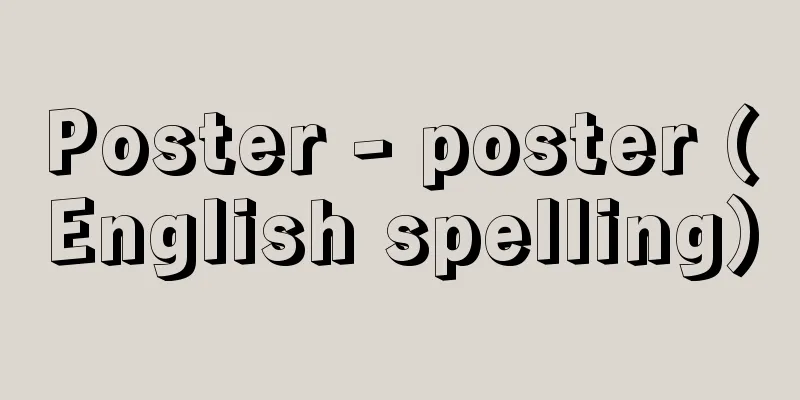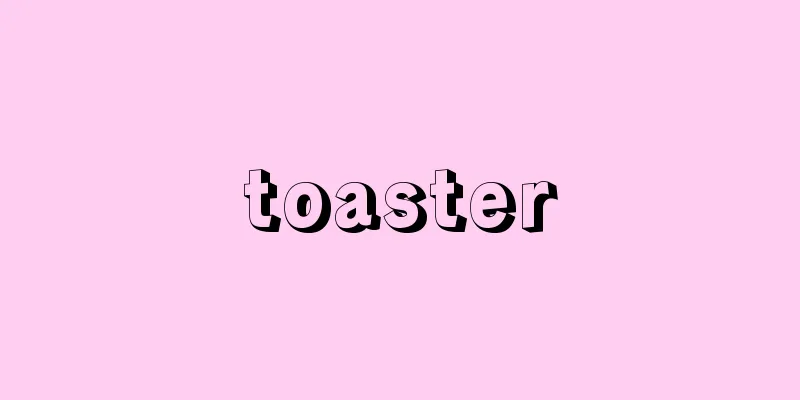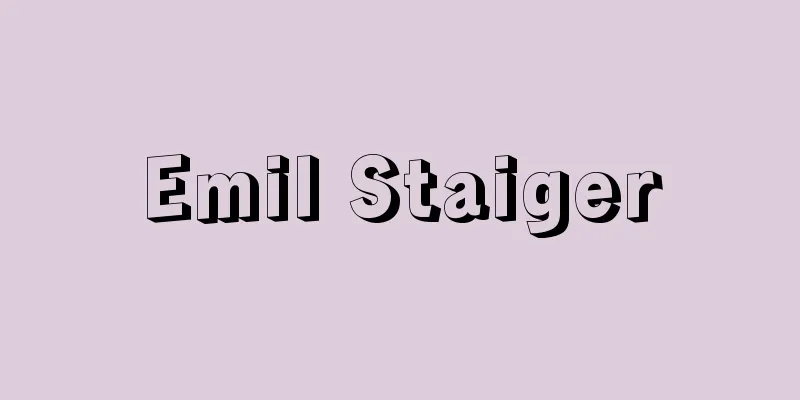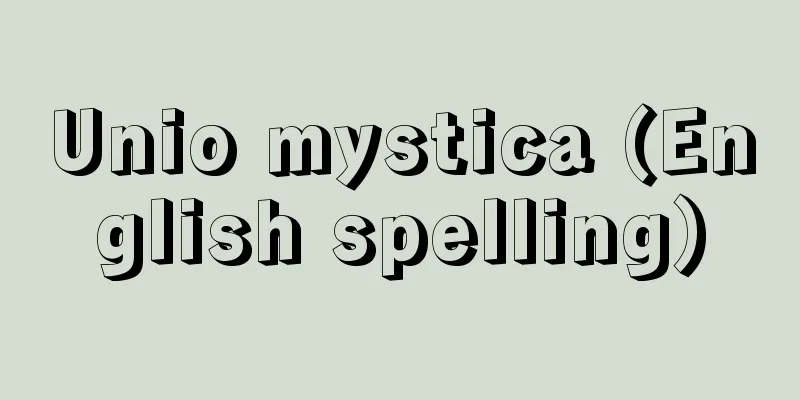Tati (English spelling) Jacques Tati

|
French film director and actor. Born in Pecq, Seine-et-Oise (now Yvelines), on the outskirts of Paris. His real name is Jacques Tatischeff. His family ran a picture frame workshop and store in Paris. His paternal grandfather was a Russian count. His maternal grandfather was a picture frame maker who had connections with the painter Van Gogh. Jacques, the only son, was ordered to apprentice at the shop and prepare for the entrance exam to the National School of Art and Design in order to take over the family business, but his military service in the cavalry regiment from 1925 and his joining the rugby club Racing Club de France (RCF) in 1928 determined the direction of his life. His experiences in the military and sports taught Tati the humorousness of physical movements that is more apparent the more serious a person is, and gave him the opportunity to develop the observational skills to capture it. In 1930, he performed his first pantomime, "Sports Mué" (a silent sport, exaggerating the comical movements of tennis players and other performers to elicit laughter from the audience), at a stage event organized by his team. He continued to perform on stage after that, and in 1935 he changed the title of his act to "Sports Impressions" and took the stage name "Jacques Tati." Tati's fame grew and he toured Europe, but it was clear to everyone that the heyday of the revue was coming to an end, so he made several short film studies at the same time, but the results were not satisfactory. It was only after World War II that Tati's performance was integrated with film, with the short film École des Facteurs (1947), which he directed, wrote, and starred in, and he continued to play the director, writer, and star in these films. The character of François, a speed-mad postman who rides a bicycle and appears as the protagonist in this film, was carried over to his first feature film, Les le ... The film, which depicts the chaos that Mr. Hulot unintentionally causes among the people gathered at a seaside resort, won the Prix Louis-Delluc and the International Critics' Award at the Cannes Film Festival that year. Mr. Hulot, who is not an active laughter source like Chaplin, but a passive presence that unintentionally brings laughter to those around him, has since become, for better or worse, etched in people's memories as a synonym for Tati. Tati-Hullot's fame reached its peak with his next film, his first in color, Uncle (1958). This film sheds some light on Hulot's background, which had remained a mystery in the previous film. Hulot lives a carefree single life in an old apartment in downtown Paris, and despite the efforts of his brother, who lives in a ridiculously modern house by contrast, he fails repeatedly at the factory where he is helped to find work and at the party where he is planned to introduce himself to the opposite sex. The success of this film, which won the Special Jury Prize at the 1958 Cannes Film Festival and the Academy Award for Best Foreign Language Film, made Tati-Hullot an international celebrity, and Tati used this momentum to embark on the production of Playtime (1967), one of the most controversial films in the history of French cinema. A huge set consisting of ultra-modern architecture was constructed on a vast site near Vincennes, east of Paris. Filming took three years, with repeated halts due to lack of funds, and the film was finally completed with a total budget of 1.5 billion francs, four times the original budget. Today, it is well-known as a masterpiece that fully embodies Tati's perfectionist direction, but at the time, many audiences and critics were confused by the direction of the film, which rather diluted the presence of Hulot, who should have been the center of the film, and it was a huge commercial failure. It left Tati in heavy debt, and became a serious stumbling block to his subsequent filmmaking. His next film, Traffic (1971), was the last to feature Hulot as the protagonist, and his final film, Parade (1974), paid homage to the world of revues that nurtured him, including a recreation of his old specialty, sports impressions. His passion for filmmaking did not fade even in his later years, and he wrote the screenplay Confusion, but he no longer had the energy or time to turn it into a film, and he died of a pulmonary embolism in 1975. [Takashi Kitakoji] Documents List of Director's Works The School of Postmen (1947) "Jacques Tati, supervised by Shohei Sakajiri (1999, Esquire Magazine Japan)" ▽ "Tati - The Truth about 'My Uncle,' Jacques Tati" by Marc Donde, translated by Shuichi Sasaki (2002, Kokusho Kankokai)" [Reference] |Source: Shogakukan Encyclopedia Nipponica About Encyclopedia Nipponica Information | Legend |
|
フランスの映画監督、俳優。パリ郊外、セーヌ・エ・オワーズ県(現在のイブリーヌ県)ペック生まれ。本名はジャック・タチシェフJacques Tatischeff。家族はパリで額縁工房兼販売店を営んでいた。父方の祖父はロシア人で伯爵の称号をもつ。母方の祖父は画家ゴッホと交流もあった額縁職人だった。一人息子ジャックは家業を継ぐべく店での見習いや国立工芸学校への受験準備を命じられていたが、1925年から騎兵連隊で兵役についたことと、1928年にラグビーのクラブ・チーム、ラシン・クラブ・ド・フランス(RCF)に加入したことが、彼の人生の方向性を決定づけた。軍隊やスポーツにおける体験は、当人がまじめであればあるほどにじみ出る身体動作の滑稽(こっけい)さをタチに教え、それをとらえる観察眼を育む機会を与えたのだ。1930年、チーム主催の舞台で、初めて「スポーツ・ミュエ」(無声スポーツ。テニス選手などの動作にみられる滑稽さを誇張して演じ、観客の笑いを誘うもの)なるパントマイムを披露。以降も舞台を重ねながら、1935年には芸の題を「スポーツの印象」に変更、芸名「ジャック・タチ」を名のるようになる。 知名度を高め、ヨーロッパ各地への巡業の旅にも出たタチだが、レビュー全盛時代が終わりを迎えつつあることは誰の目にも明らかだったため、並行して短編映画の習作を何本かつくったものの、満足のいく出来映えとはならなかった。結局、タチのパフォーマンスが映画と融合を果たすのは、第二次世界大戦後に、彼自身が監督、脚本、主演を兼ねた短編『郵便配達の学校』École des Facteurs(1947)においてであり、その後も、監督、脚本、主演をタチが兼任する体制が堅持される。同作で主人公として登場したタチ演じる自転車乗りのスピード狂郵便配達人フランソワのキャラクターは、続く最初の長編『のんき大将脱線の巻』(1949)に継承されたが、好評を博した同作のシリーズ化を拒絶し、タチは次作『ぼくの伯父さんの休暇』(1952)を世に問う。海辺の避暑地に集う人々のなかに謎の中年紳士ユロ氏を置き、彼が不本意ながら巻き起こす混乱をほのぼのとしたタッチで描く同作は、その年のルイ・デリュック賞やカンヌ国際映画祭国際批評家賞を受賞。チャップリンのように能動的に笑いを引き起こす存在ではなく、意図せざる結果として周囲に笑いをもたらす受動的な存在であるユロ氏は、その後、良くも悪くもタチの代名詞的な存在として人々の記憶に刻まれることになった。 タチ=ユロ氏の名声は、続く初のカラー作品『ぼくの伯父さん』(1958)で頂点に達する。前作では謎(なぞ)のままだったユロ氏のバックグラウンドが本作でいくらか明らかになった。ユロ氏はパリ下町の古いアパルトマンで気ままな独身生活を送り、対照的に滑稽なまでにモダンな住宅で暮らす兄の尽力にもかかわらず、就職を世話された工場や、異性への紹介が計画されたパーティーで失敗ばかり繰り返す。1958年のカンヌ国際映画祭審査員特別賞やアカデミー最優秀外国語映画賞などに輝いた本作の成功は、タチ=ユロ氏を国際的な著名人に押し上げ、タチはその余勢を駆ってフランス映画史上最大級の問題作『プレイタイム』(1967)の製作に乗り出す。パリの東バンセンヌ近郊の広大な敷地に超モダンな建築群からなる巨大セットが組み立られ、撮影期間は足かけ3年、資金不足による中断も何度か繰り返され、結局、総製作費15億フランと当初の予定の4倍もの予算をかけてようやく作品は完成。今日ではタチの完全主義的演出を徹底させた傑作との評価も確立しているが、作品の中心であるはずのユロ氏の存在感を、むしろ希薄にさせる演出の方向性もあって、当時は多くの観客や批評家を戸惑わせ、商業的に大失敗。タチに多くの借金を負わせ、その後の映画作りに深刻な足かせとなった。 続く『トラフィック』(1971)は、ユロ氏を主人公とする最後の映画となり、最後の作品となった『パラード』(1974)では、往年の十八番である「スポーツの印象」を再現するなど、彼を育てたレビューの世界へオマージュが捧げられた。晩年も映画作りへの情熱は衰えず、脚本「コンフュージョン」を書き上げたが、それを映画化する体力と時間は残されておらず、肺血栓によって1975年の生涯を閉じた。 [北小路隆志] 資料 監督作品一覧郵便配達の学校 L'école des facteurs(1947) 『坂尻昌平監修『ジャック・タチ』(1999・エスクァイア マガジン ジャパン)』▽『マルク・ドンデ著、佐々木秀一訳『タチ――「ぼくの伯父さん」ジャック・タチの真実』(2002・国書刊行会)』 [参照項目] |出典 小学館 日本大百科全書(ニッポニカ)日本大百科全書(ニッポニカ)について 情報 | 凡例 |
Recommend
Onshison - descendants of the shadows
One of the qualifications for the appointment of R...
Kanji Maeda - Kanji Maeda
Western-style painter. Born in Tottori Prefecture...
British and Chinese Corp.
…In other words, loans from Britain, France, and ...
hay itch (English spelling) hayitch
…Sometimes, these pests infest grains and straw, ...
Fringillidae
A family of birds in the order Passeriformes. Incl...
Rhombencephalon - rhombencephalon
During the development of vertebrates, the neural ...
Roster - Myobu
In ancient and medieval times, some people held go...
dies solis (English spelling) diessolis
...In particular, Mithraism was a strong enemy of...
Chuo Koronsha - Chuo Koronsha
A general publisher centered on the magazine Chuok...
Kamba people - Kamba tribe (English spelling)
They are a Bantu-speaking ethnic group living in a...
Japonologie
...The Pacific War made the need for analysis of ...
Governor-General of Fort William in Bengal
…The post of Governor-General of India was create...
Famine
High and steep. See the entry for the character &q...
Torajiro Omoto - Torajiro Omoto
… In Japan, in 1902, Yato Ryoichi applied for a p...
RH Macy & Co., Inc.
A historic American department store. Commonly kno...









